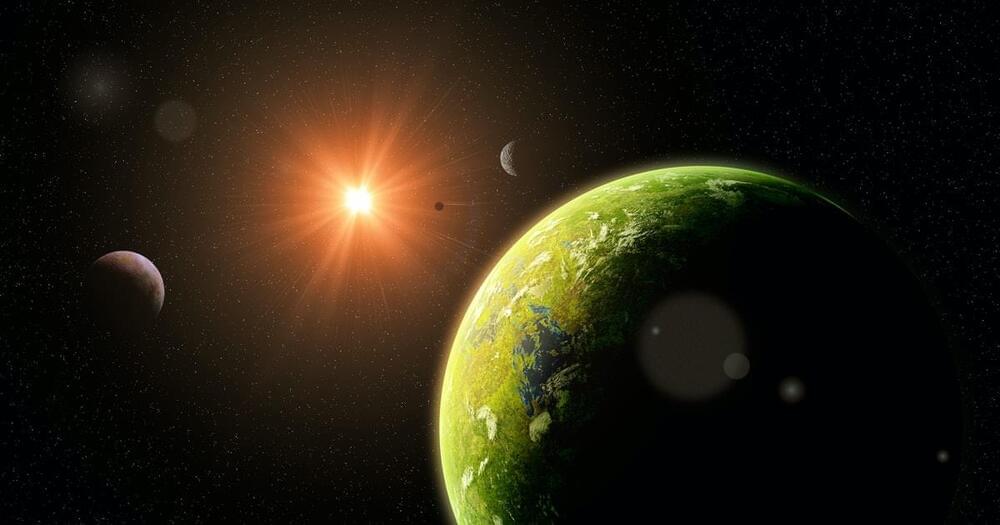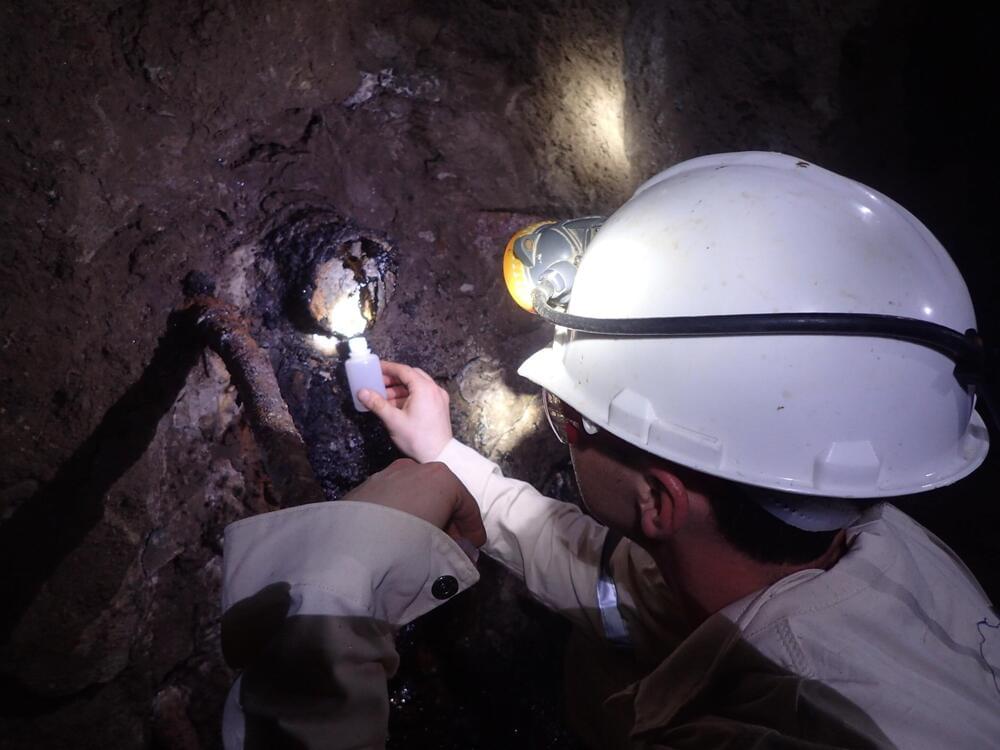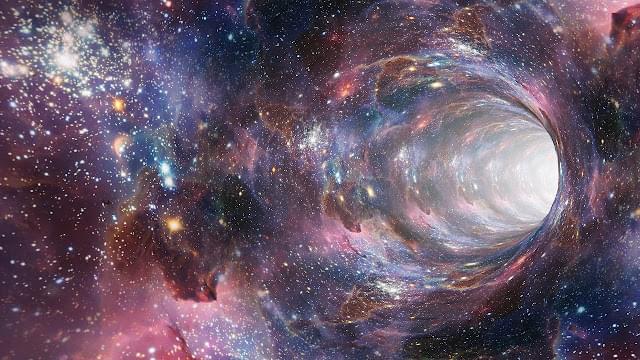Why we need AI to compete against each other. Does a Great Filter Stop all Alien Civilizations at some point? Are we Doomed if We Find Life in Our Solar System?
David Brin is a scientist, speaker, technical consultant and world-known author. His novels have been New York Times Bestsellers, winning multiple Hugo, Nebula and other awards.
A 1998 movie, directed by Kevin Costner, was loosely based on his book The Postman.
His Ph.D in Physics from UCSD — followed a masters in optics and an undergraduate degree in astrophysics from Caltech. He was a postdoctoral fellow at the California Space Institute and the Jet Propulsion Laboratory.
Brin serves on advisory committees dealing with subjects as diverse as national defense and homeland security, astronomy and space exploration, SETI and nanotechnology, future/prediction and philanthropy. He has served since 2010 on the council of external advisers for NASA’s Innovative and Advanced Concepts group (NIAC), which supports the most inventive and potentially ground-breaking new endeavors.
https://www.davidbrin.com/books.html.
https://twitter.com/DavidBrin.
https://www.newsweek.com/soon-humanity-wont-alone-universe-opinion-1717446
Youtube Membership: https://www.youtube.com/channel/UCz3qvETKooktNgCvvheuQDw/join.
Podcast: https://anchor.fm/john-michael-godier/subscribe.
Apple: https://apple.co/3CS7rjT
More JMG
https://www.youtube.com/c/JohnMichaelGodier.
Want to support the channel?






